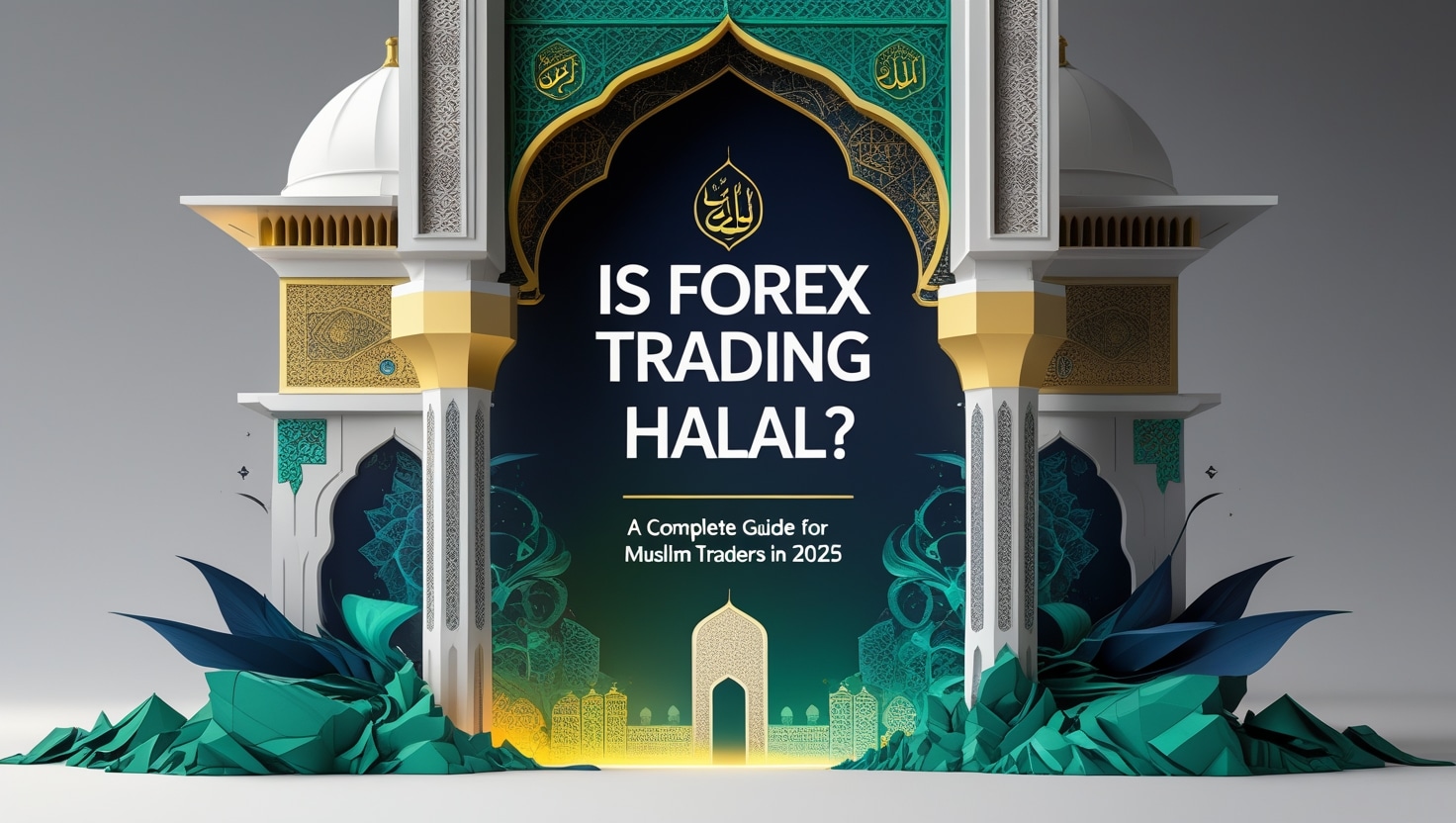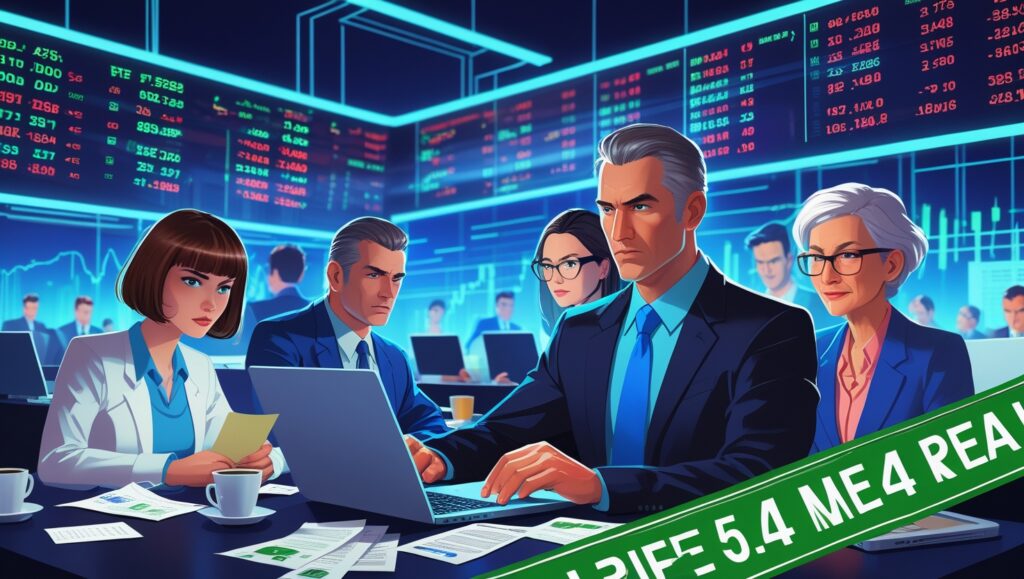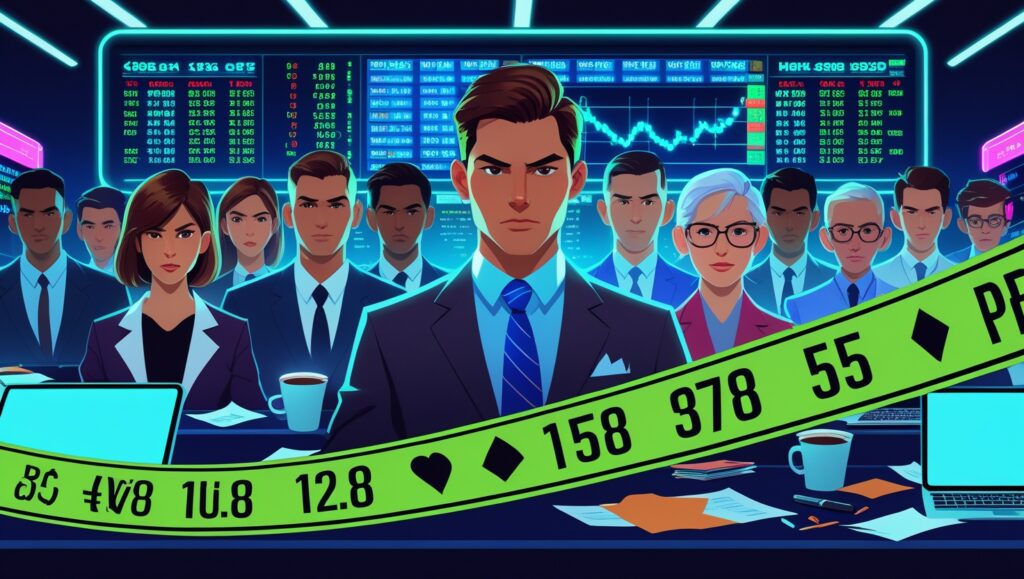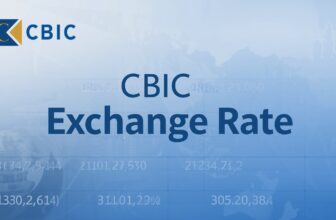
The world of online finance is evolving fast. And somewhere in that chaotic blur of blinking candlesticks and currency pairs, a pressing question continues to surface — Is forex trading halal? As 2025 unfolds, this question is no longer just a theological inquiry. For a growing number of Muslim traders, it represents a moral checkpoint — a bridge between spiritual values and financial ambitions.
I have sat with this question more times than I can count. Sometimes with a cup of chai and a tab full of charts. Other times, during late-night scrolls through fatwa forums and obscure Telegram trading channels. Initially, I assumed it would be a simple yes or no. But then, like many things in Islamic finance, I realized it is layered, nuanced, and deeply context-dependent.
Is Forex Trading Halal? Interactive Guide
Explore Key Aspects of Halal Forex Trading
Scholarly Perspectives
Permissive View
“If both sides exchange currencies instantly and without interest, the transaction can be permissible.” — Mufti Taqi Usmani
- No interest (riba) involved
- Immediate settlement (hand to hand)
- Trading based on informed analysis
Moderate View
“The permissibility hinges not only on the form of the transaction, but on the ethics of its execution.” — Dr. Mohamed Ali Elgari
- Limited or no leverage
- Transparent and regulated broker
- Trading with real economic purpose
Strict View
“Forex trading, as it is structured today, does not fulfill the conditions of halal trade.” — Sheikh Imran Nazar Hosein
- Modern forex involves inherent speculation
- Market structures violate Islamic principles
- Rarely serves genuine economic needs
2025 Halal Forex Checklist
What Does “Halal” Really Mean When Trading?
To understand whether forex is halal, one has to revisit what halal truly means. In Islam, halal encompasses everything that is permissible according to Shariah law. The opposite — haram — is reserved for what is explicitly forbidden. Nestled between them is makruh, the gray zone, where forex trading often finds itself.
Buying and selling? Those are not haram. They are part of daily life and deeply rooted in Islamic tradition. After all, the Prophet Muhammad (peace be upon him) was himself a trader. Also, trade and enterprise are encouraged in Islam — but only when done within ethical, just frameworks.
Which means the issue is not about trading itself, but about how trading is conducted.
Is Forex Trading Halal or Haram? Let Us Break It Down
The question Is forex trading halal or haram in Islam? has prompted intense debate among scholars, traders, and financial regulators alike. The debate hinges on four major points:
| Issue | Halal Perspective | Haram Concern |
| Riba (Interest) | Islamic forex accounts eliminate overnight interest (swap) fees. | Standard accounts often incur or earn interest, which is prohibited in Islam. |
| Speculation (Gharar) | Trading based on market analysis and informed decisions is generally accepted. | Excessive speculation is akin to gambling, making it haram. |
| Leverage | Some brokers limit leverage on Islamic accounts or allow none. | High leverage introduces uncertainty and high risk. |
| Spot Trading (T+0 Settlement) | Immediate exchange of currencies is compliant with Islamic contracts. | Delayed settlement violates the rules of currency exchange in Shariah. |
What Do Islamic Scholars Say?
Scholarly opinions on forex differ — sometimes wildly. Some are permissive under conditions, others are strictly opposed.
"The permissibility hinges not only on the form of the transaction, but on the ethics of its execution."
— Dr. Mohamed Ali Elgari, Islamic finance scholar
Sheikh Imran Nazar Hosein, for example, is firmly in the haram camp. He believes that modern forex, due to its speculative and interest-laden mechanisms, resembles gambling more than trade.
"Forex trading, as it is structured today, does not fulfill the conditions of halal trade. It is speculative and manipulative."
— Sheikh Imran Nazar Hosein
On the other hand, scholars like Mufti Taqi Usmani offer more conditional flexibility. According to him, spot trading — where currencies are exchanged instantly — could be halal if interest is avoided and both parties fulfill the contract obligations in the same session.
"Forward contracts are problematic. But if both sides exchange currencies instantly and without interest, the transaction can be permissible."
— Mufti Taqi Usmani
Accordingly, the difference often boils down to the type of forex trading being done and the structure of the trading platform.
The Surge in Islamic Forex Accounts
With the rise of ethical investing and faith-conscious trading, many brokers have rolled out what are known as Islamic Forex Accounts or Swap-Free Accounts.

According to a 2024 industry report by Finance Magnates, the demand for Islamic trading accounts has grown by 38% year-over-year in Southeast Asia and the Middle East, with India following closely behind due to its large and increasingly digital-savvy Muslim population.
Which means more brokers are racing to cater to halal-conscious traders, and that is a promising development — if done sincerely.
These accounts usually:
- Eliminate interest charges on overnight positions
- Avoid hidden swap fees
- Maintain transparency in trading conditions
Also, some brokers obtain a forex trading halal certificate issued by independent Shariah boards. While there is still no global standard for certification, it adds a layer of assurance for traders seeking religious compliance.
Real-World Example: When Forex Can Be Halal
Let us say a trader in Hyderabad opens an Islamic trading account with a broker regulated under the FCA or SEBI. This account has no interest charges, offers tight spreads, and executes all trades in real-time. The trader avoids overnight positions and does not use leverage. Their decisions are based on proper analysis rather than guesswork.
Is this halal?
Accordingly, most moderate scholars would agree: Yes, trading in this manner aligns with Islamic principles. There is no riba, no excessive uncertainty, and no unethical speculation.
Where It Crosses Into Haram Territory
Now consider another scenario. A trader opens a margin account with 1:500 leverage, engages in overnight trades, and profits from swap fees. They rely on signal groups and gut feelings, often risking half their account on volatile trades.
This is where things unravel.
"Speculation that resembles gambling, and profit from interest — these invalidate the ethical basis of a halal trade."
— Council of Islamic Financial Institutions, 2023
Which means it is not just the tools — but how one uses them — that determines halal status.
2025 Outlook: What Should Muslim Traders in India Consider?

India’s forex market is becoming increasingly accessible, especially with platforms like Zerodha and Upstox integrating multi-asset capabilities. But that accessibility comes with responsibility.
Accordingly, Muslim traders need to stay sharp, informed, and honest with themselves about the nature of their trades.
Here is what I personally consider essential:
- Broker Authenticity – Is the broker transparent and compliant with financial regulations?
- Trading Behavior – Is the strategy rooted in analysis or emotion?
- Contract Conditions – Does the account structure eliminate riba and adhere to spot settlement terms?
Also, consulting a trusted Islamic finance advisor or mufti with experience in digital markets can go a long way in ensuring peace of mind.
Conclusion: Is Forex Trading Halal in 2025?
So, is forex trading halal?
It depends — deeply. There is no universal fatwa, no easy checklist. But there is a path paved with discipline, ethical intent, and informed action.
As the renowned scholar Mufti Barkatullah recently put it:
"Shariah compliance in modern finance is not about avoiding innovation. It is about ensuring that innovation respects divine limits."
Which means the burden lies on the trader — not just to seek profit, but to seek purpose.
If 2025 has taught anything, it is that halal trading is not just possible — it is necessary. And those who walk that path will find it rewarding, both materially and spiritually.
FAQs
Q: Is forex trading halal with leverage?
A: In most cases, no. High leverage is viewed as introducing excessive uncertainty and is often likened to gambling.
Q: What is a forex trading halal certificate?
A: It is a document issued by a Shariah advisory board confirming that a broker's trading conditions comply with Islamic finance principles.
Q: Can Indian traders access halal forex platforms?
A: Yes. Several international brokers accept Indian clients and offer swap-free Islamic accounts. Local brokers are beginning to catch up.

















